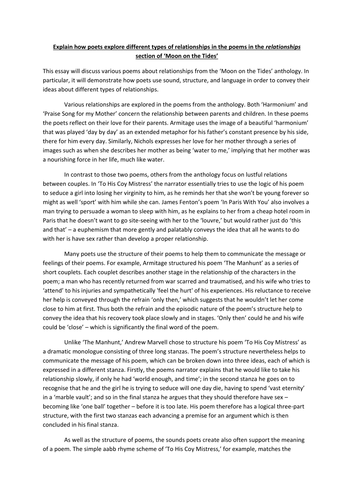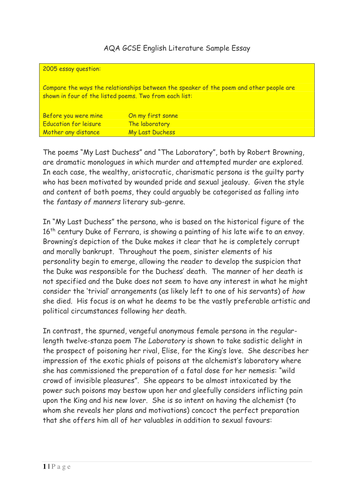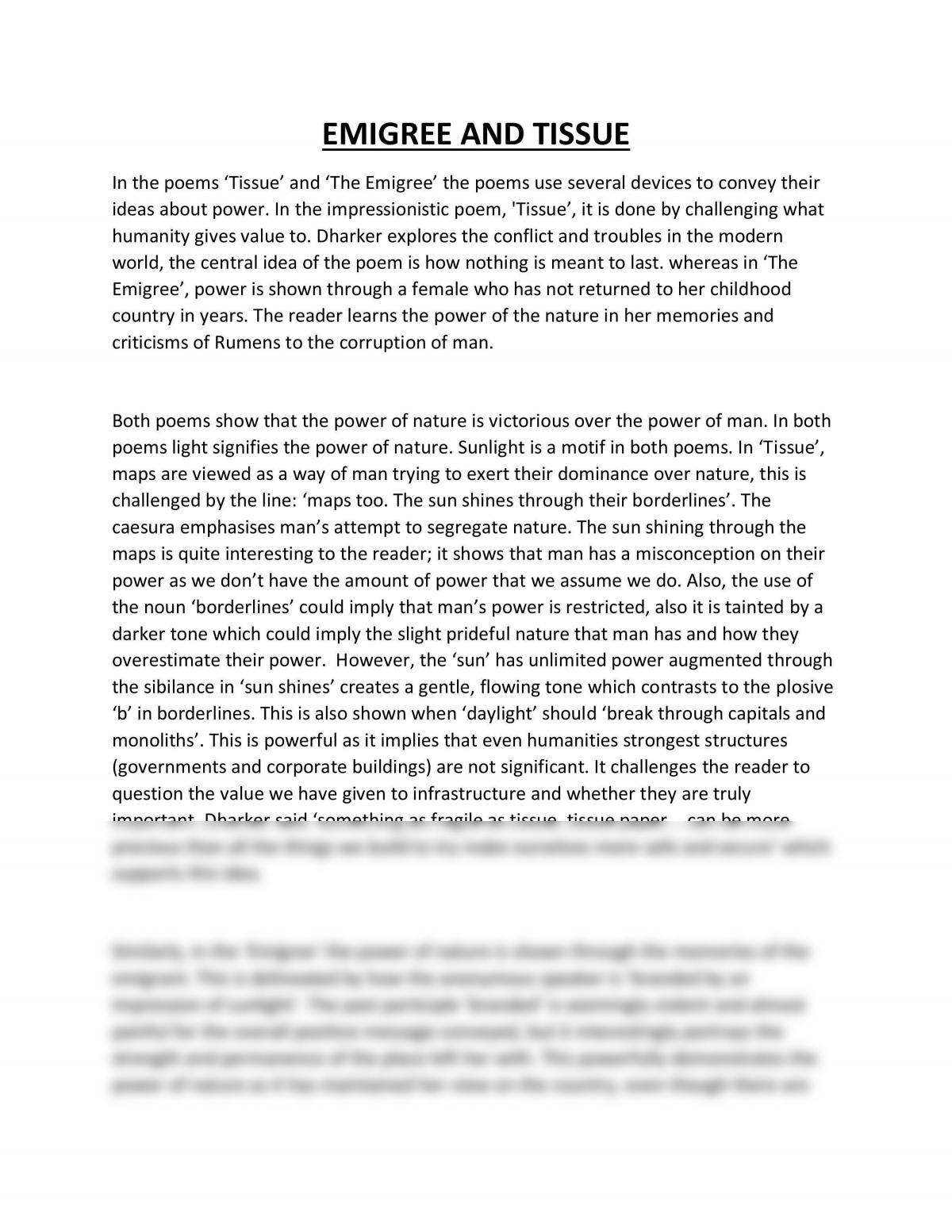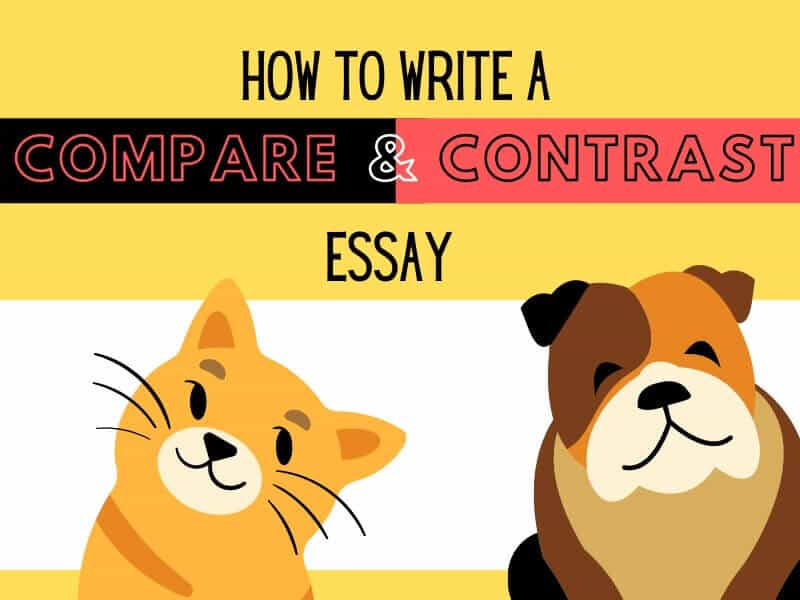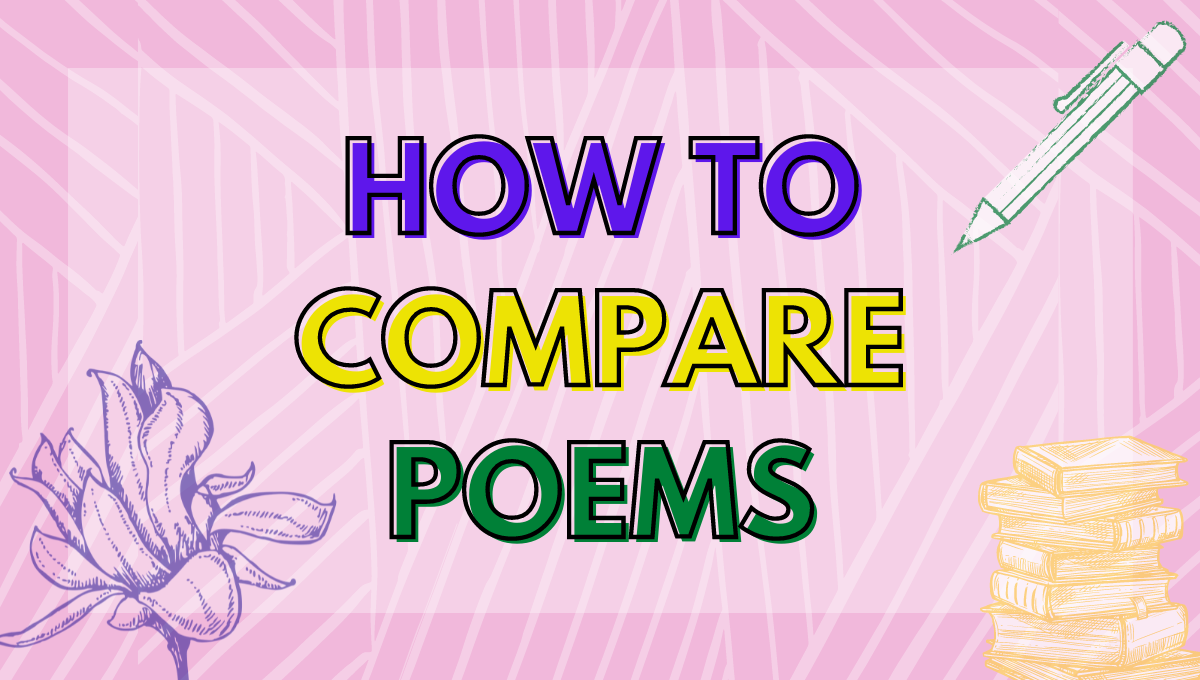A poetry comparison essay involves analyzing two or more poems and comparing their similarities and differences. It is a common task in literature classes and can be a fun and engaging way to explore different poetic techniques and themes. If you are wondering how to start a poetry comparison essay, here are some steps you can follow:
Choose your poems: The first step in writing a poetry comparison essay is to choose the poems you want to compare. It is important to choose poems that have something in common, such as a shared theme, style, or historical context. You should also choose poems that you are interested in and that you feel comfortable analyzing.
Understand the context: It is important to have a good understanding of the historical and cultural context in which the poems were written. This will help you understand the themes and symbols used by the poets and how they might have been interpreted by their contemporaries.
Annotate the poems: As you read the poems, take notes and highlight any important details or techniques that you want to discuss in your essay. This might include imagery, figurative language, rhyme scheme, meter, and tone.
Develop a thesis statement: A thesis statement is a sentence or two that summarizes the main argument of your essay. For a poetry comparison essay, your thesis might be something like "Both Poem A and Poem B explore the theme of love, but they do so in different ways, using different techniques and styles."
Outline your essay: Once you have a clear thesis statement, you can start to outline your essay. Consider organizing your essay around the different techniques and themes that you want to compare and contrast.
Write your introduction: The introduction of your essay should introduce the poems and provide some context for your readers. You might want to briefly summarize the poems and explain why you have chosen to compare them. Make sure to include your thesis statement in the introduction.
Write the body paragraphs: The body paragraphs of your essay should be focused on analyzing the similarities and differences between the poems. Use specific examples from the poems to support your points and be sure to explain how these examples relate to your thesis.
Write the conclusion: The conclusion of your essay should summarize your main points and restate your thesis. You might also want to discuss the significance of the comparison and how it adds to our understanding of the poems or the theme.
By following these steps, you can effectively compare and contrast two or more poems in your essay. Remember to be clear and concise in your writing, and be sure to support your points with specific examples from the poems.
A reaction paper is a type of writing in which a student or writer expresses their personal response to a text, such as a film, book, event, or artwork. In this type of paper, the writer reflects on their own experiences and reactions to the text, and may also consider the broader social or cultural context in which the text was created.
As an example, consider a reaction paper about a movie. In this paper, the writer might first summarize the plot of the film and provide some background information about the director, actors, and any relevant historical context. They might then discuss their own personal reactions to the film, including their thoughts on the characters, themes, and overall message of the movie.
One approach to writing a reaction paper about a movie might be to focus on the themes and messages of the film, and how they resonated with the writer. For example, if the movie explored themes of love, loss, and redemption, the writer might discuss how these themes related to their own experiences and how the film made them think about these ideas in a new way. They might also consider the movie's portrayal of these themes and whether they thought it was effective or not.
Another aspect of a movie that a writer might focus on in their reaction paper is the technical aspects, such as the cinematography, music, and special effects. The writer might discuss how these elements contributed to their overall experience of the film, and whether they thought they were well-done or not.
In addition to discussing their own reactions and thoughts about the film, a writer might also consider the broader context in which the movie was created. This might include the historical or cultural moment in which the film was made, as well as the intended audience and any controversy or debates surrounding the film. By situating the movie within a larger context, the writer can provide a more nuanced and well-rounded analysis of the film.
Overall, writing a reaction paper about a movie involves expressing your personal thoughts and reactions to the film, while also considering its themes, technical elements, and broader context. By reflecting on your own experiences and the movie's impact on you, you can create a thoughtful and engaging essay that offers insight into your own perspective and the film itself.

